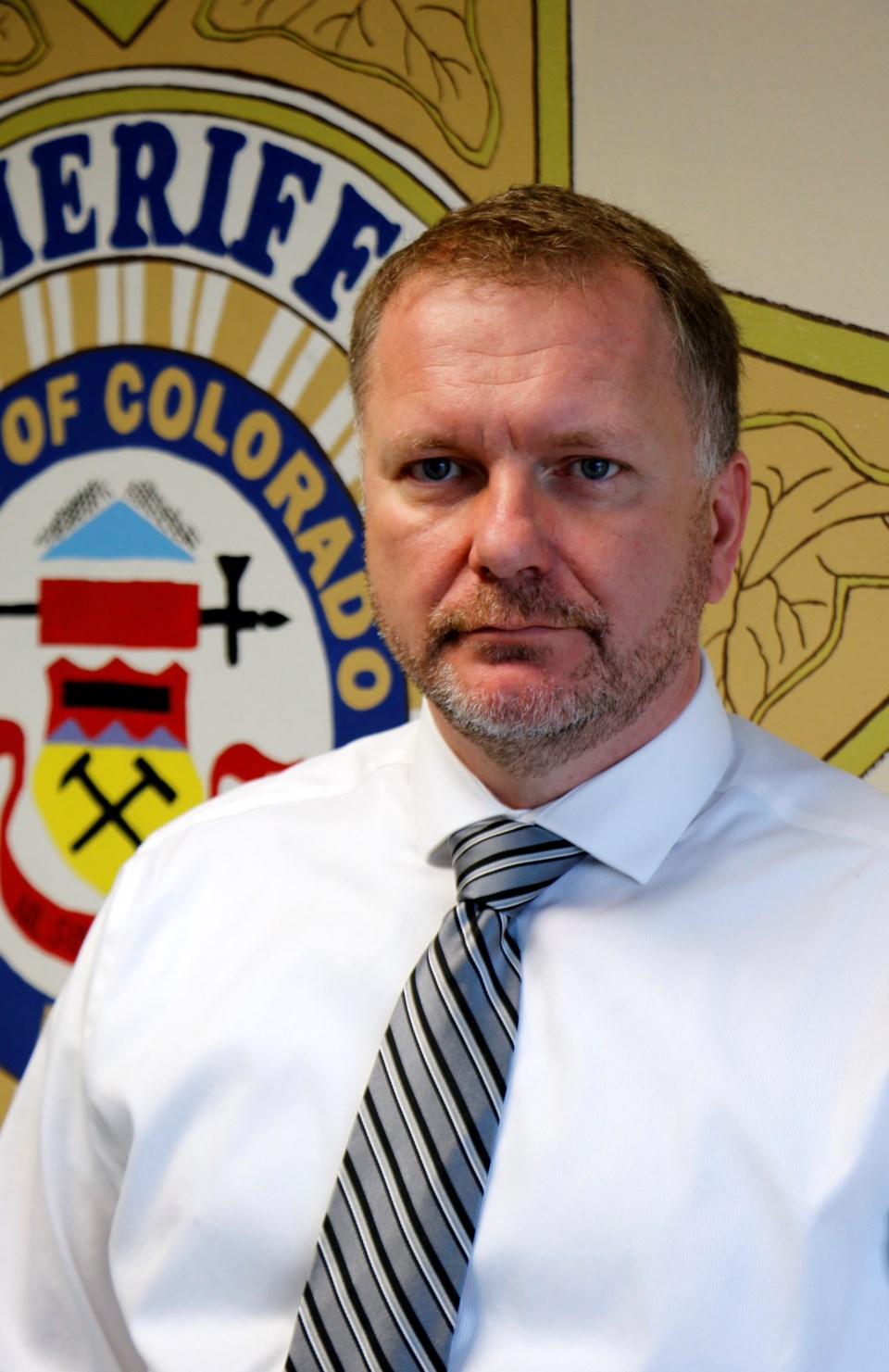In March 2020, Weld County Sheriff’s Office, or WCSO, dedicated a staff position, for the first time, to a cold case detective. Byron Kastilahn made the cut but was surprised at the number of cases to be reviewed, some dating back to 1968.
Kastilahn reported working on “ten cases that were homicides with varying or unknown motives, seven cases that were drug-related, five unidentified bodies, four cases involving Denver prostitutes who were likely killed in the metro area and dumped in rural Weld County, three cases that were family/domestic violence, and two missing persons.”
“It is really interesting to read the reports written in the 1970’s, 1980’s and 1990’s and read the fascinating stories,” Kastilahn said. “It is satisfying to apply modern techniques and scientific methods to these cases that weren’t available back then.”
According to the Project Cold Case organization, Colorado solved 68 percent of the 9,277 homicide cases that occurred in the state between 1965 and 2019, leaving . That leaves 2,931 unsolved cases. unsolved.
Given limited information and resources, a big part of Kastilahn’s job is choosing which cold cases take priority in investigating.
“The cases with the best likelihood of being solved have priority, combined with the age of the case,” Kastilahn said. According to Kastilahn, the oldest cases have inherent priority for fear that the individuals involved, aka sources of information, will pass away before the case can be revisited.
Kastilahn’s process for solving cold cases involves using resources including former WCSO Detectives, The Colorado Bureau of Investigation Cold Case personnel, and other Cold Case Detectives in nearby agencies, he said.
Despite the age of a cold case, however, Kastilahn said, “if there are no good leads or evidence available, the case may have to be put aside for a case with better leads.”
Putting aside a case can sometimes lead to running into statutes of limitations. This means some cold cases do not get investigated after a certain period of time. However, according to Kastilahn, there are no statutes of limitations for homicide cases, which are not closed until a culprit is held responsible.
“With the exception of two missing persons (cases), all of my cold cases are homicides or possible homicides,” Kastilahn said. “By possible homicides, I mean we have unidentified bodies and the manner of death is not determined … So until we can determine the manner (of death), we investigate it as a homicide.”
Earlier this year, Kastilahn solved a cold case with the arrest of James Herman Dye, who was charged for the murder of Kay Day in November, 1979.
He was able to contact the Colorado Bureau of Investigation with a request to match DNA found in Dye’s case. A match was found from an incident that had happened 40 years prior. The newly discovered evidence was used to charge Dye of Day’s murder, according to a press release from Weld County Sheriff’s Office’s website.
Working on cold cases is not an easy job, however, Kastilahn said the best thing about working for WCSO is “working for an agency that has great leadership and support for their employees.”
Cold cases that occur in Weld County are listed on Weld County Sheriff’s Office’s website. Anyone with information about a cold case is asked to contact Detective Byron Kastilahn at 907-400-2827 or Northern Colorado Crime Stoppers at 800-222-8477.
Correction: The article has been corrected to reflect that James Herman Dye has not been convicted of Kay Day's murder. He is still awaiting trial.



